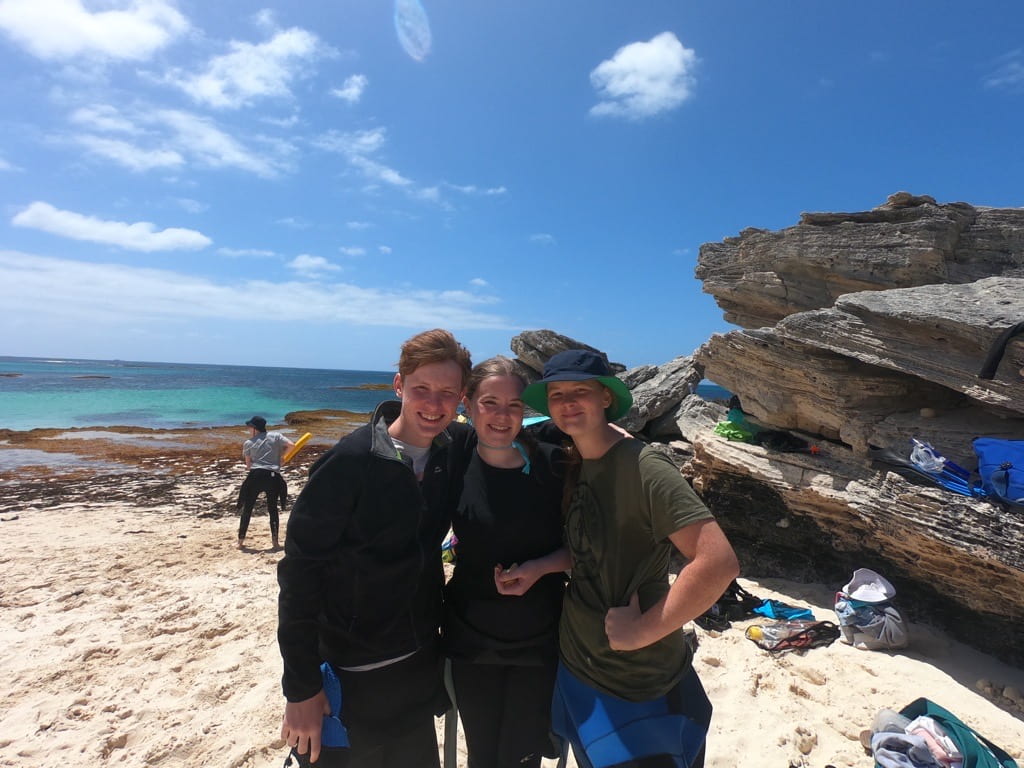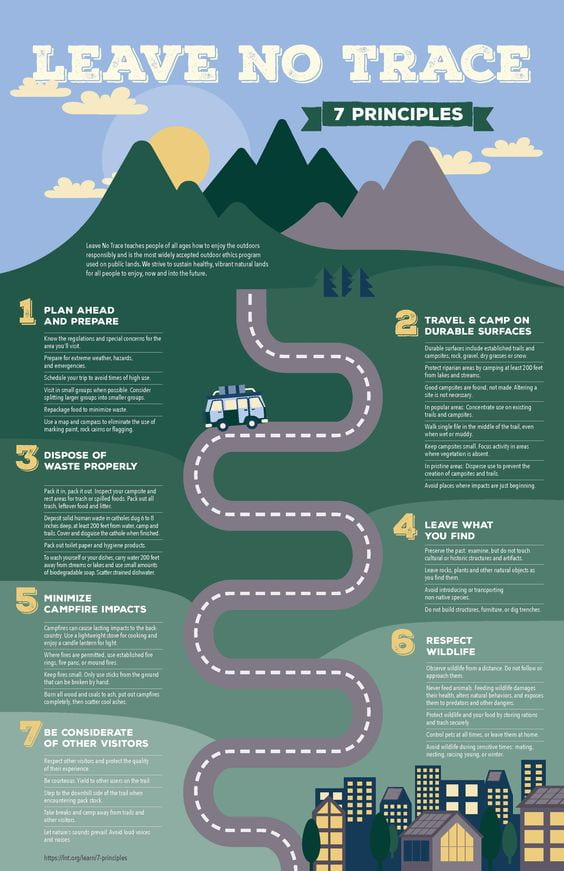Archery
In the first term of Muir, we focused on Archery as one of the main topics. During this we had an Archery instructor come in to teach us how to do archery. We learnt how to aim, shoot and different kinds of Archery. We first started by finding the right bow and arrows that suit us so that we could shoot better, once we had a good-sized bow and arrow, we learnt how to hook the arrow onto the bow and pull back and release. Although it sounds very easy it was much more complicated than I thought it would be, I found a lot of the time the arrow went off the target but after a few lessons, I had the arrow on the target almost every time. After learning the basics, we also learnt how to score and slowly moved the targets further away, so it was more challenging. In one of the last lessons we did clout shooting which is where you aim the bow at a 45-degree angle and try to shoot into a big circle on the ground 50 m away from you, I found this quite fun and got the arrow into the circle the majority of the time.

I think learning archery was a good thing for me to do because it helped me to grow my patience and perseverance it was not easy or quick to get a bullseye and it quite often made me angry at times because it was difficult, but I pushed past the hard part and refocused myself to only concentrate on letting the arrow go, this helped a lot and helped me get a better score.

Orienteering
Orienteering was our focus for term 1 and we learnt how to read a compass, and a map and how to make a bearing around an area. This was very interesting, and I think that it is a life skill that everyone should be able to do in case they get into a situation where they are lost in the bush. We were begun by being in the classroom and looking at the features of the map and learning an anagram which was
Border
Orientation
Legend
Title
Scale
Source
to remind us of the things included in a map, as well as looking at compasses and learn how to find bearings using them. After the first lesson, we did a small race around the school finding letters which were practice for when we went out of campus. We then went out to Piney Lakes and did the small orienteering course which was very fun, and we all enjoyed spending some time outside of the classroom. Although the course was not too challenging it was still good practice for the bigger scale. During the end of the term, we went out to Manning park and did an orienteering course which was much bigger and went through the bush, we did this in groups of three and it was good to have other people there to correct me if I got something wrong or the other way round, at one point we could not find the marker so we had to walk around for a while before stopping and talking and looking at the map before we realized the marker was right next to us!


I think that orienteering is going to be one of the things that I will try to remember as much of it as I see it as very important because I go camping quite often. It improved my orienteering but also my teamwork, problem-solving and effective communication. It improved my teamwork and effective communication because we had to work in groups to find the separate points and it was very important that we could talk our way through any problems we ran into. It also helped me improve my problem-solving because if we got to a spot where the marker was then I had to look around carefully and use the clue to find the marker.
Snorkelling
At the end of term 3 carried on throughout term 4, we did snorkelling, which included learning how to snorkel, what to do if there is any danger and actions to talk to each other in the water. We then ventured outside of the school to Coogee and Rottnest on camp.
To learn safety, we learnt an anagram SAFE SNORKLE which taught us the ways to be safe in the ocean while swimming.
Safety
Accidents
First aid
Emergency
Sun
Nutrition
Ocean
Reef
Keep safe
Environment
Leave no Trace
We then had to learn how to snorkel correctly with a snorkel and flippers, in the swimming pool.
This included the swimming style; the actions being used in the water and how to duck dive in case we wanted to look at something in the water. Although this was hard it was still fun and built up our stamina for when we went to Rottnest. After a few weeks in the pool, we went on our first excursion out of the school to the Coogee shipwreck which was very fun but we did not get to see too many things. This was because the day we went to Coogee it was quite choppy and the visibility under the water was not very good. Although it was cold and hard to see it was still very fun and a new experience.

Rottnest Camp
The Rottnest camp was a really fun experience for me. When we got to Rotto in the morning we walked a 3km walk straight to Little Parakeet beach where we snorkelled in two different sections. We took this first snorkelling experience slowly so that everyone in the group stayed safe and didn’t get lost. I found it a bit challenging at the start and it took me a while to adjust to the cold but after that, I really enjoyed it and loved watching all the fish underwater. We then walked back to the campsite and made our tents and had a bit of downtime. After the downtime e went out to do the amazing race which had spots around the popular parts of the island that we had to find. This was great because it was basically a walk with our friends, so we got to talk. An added bonus to the race was that it was Halloween and we got some candy from kids that were giving it out. We then went back to base camp and had a barbeque for dinner and then went to bed. The next day we had to be up and fully packed up by 8.30 so the morning was a bit of a rush but after we had everything packed we had some time to do what we wanted again. We then went to the basin to do our last bit of snorkelling for the trip, this was a really cool experience as well because we went deeper than I would generally go with my family, this meant that I got to see new and exciting things and made the whole camp more exciting.
I think that this camp taught me lots of smaller things like shutting my tent so that a quokka doesn’t eat all our food, but the main thing that it taught me was resilience and perseverance because even if I wanted to stop snorkelling or felt like it was too cold I had to get through that and continue. Even if this was hard at the beginning it meant that I felt more achieved afterwards and felt like I had a better experience as I took the opportunity to do everything.





Leave No Trace
Leave no trace is a very important thing to know when you go camping or just are anywhere in the world. Leave no trace has 7 main principles to keep the environment you are around the same as when you came or better. These principles are:
- Plan Ahead and Prepare
- Travel and Camp on Durable Surfaces
- Dispose of Waste Properly
- Leave what you Find
- Minimize Campfire Impacts
- Respect Wildlife
- Be Respectful of Others
As a school and as an individual I completed a lot of these steps, I Respected wildlife and others by not being too loud and not trying to chase, feed or follow any of the animals. Towards the end of the day we had to do an emu bob which is where the whole class lines up tightly together and walks forward looking for any rubbish, this is a good tactic for collecting rubbish because it is hard to miss any and a big area can be covered quickly. We also took what we needed to bring for the day, dispose of any rubbish that we found or made, and I did not take anything that I found back home.
